On 11 December 2023, young leaders and parliamentarians united for Universal Health Coverage (UHC) at a virtual town hall organized by the World Health Organization (WHO) commemorating UHC Day 2023. The event convened members of parliament, youth advocates, and UHC campaigners in a virtual, 90-minute session titled ‘Shaping Our Health Future: Young Leaders and Parliamentarians Unite for UHC’.
The event explored the urgent need for action on UHC in the wake of the political declaration of the High-Level Meeting on UHC in September 2023, during which global leaders reaffirmed their commitment to achieving Health for All. Participants had the opportunity to pose questions about UHC reforms to a panel of parliamentarians from around the world and to share perspectives on what is needed to drive action toward UHC at the country level.
Moderated by the DTH-Lab’s Youth Engagement Coordinator Whitney Gray, speakers included opening remarks from Dr. Tedros, Director General, WHO and several members of parliament: Hon. Faustine Ndugulile (Tanzania); Hon. Sarai Nuñez Ceron (Mexico); Hon. Lorraine Clifford-Lee (Ireland); Hon. Ashraf Hatem (Egypt); and Hon. Kayihan Pala (Turkey). The meeting allowed parliamentarians to share success stories and priority areas that need to be strengthened if UHC is to be realized. What set this event apart was the safe space it created for decision-makers to hear from young people directly about their key concerns on UHC being achieved by 2030.
We must improve financing for UHC
When governments allocate sufficient resources to healthcare, they can enhance healthcare systems, ensure better access to quality services, tackle health disparities and integrate digital health services. Prioritizing health budgets also facilitates disease prevention and control, fosters research and innovation, and strengthens emergency readiness. Ultimately, this strategic decision places the health and well-being of the population at the forefront, resulting in improved overall societal welfare.
Sarai Nuñez Ceron, Member of Parliament from Mexico, highlighted the criticality of ensuring transparency and prioritization of health budgets at the highest levels of political decision-making.
“True love is only shown in budgets. Without money, Universal Health Coverage won’t become a reality hence, #UHC should be kept at the highest political agenda and it of course must be a people-centered budget”. – Sarai Nuñez Ceron
Climate and health cannot be separated
The climate crisis poses a direct impact on health, leading to increased occurrences of extreme weather events, heat-related illnesses, respiratory problems, waterborne diseases, malnutrition, and disruptions to ecosystems and vital resources. It is crucial to take immediate action to safeguard vulnerable communities especially young people from these health risks.
“Our problem now is the climate crisis and not just climate change. Climate crisis is a pressing issue with a direct impact on health and healthcare systems need to act urgently to mitigate risks and protect the well-being of people”. – Prof. Kayihan Pala
Professor Kayihan Pala shed light on the imminent climate crisis, urging immediate action and global collaboration in health systems strengthening.
Legislation and capacity building are essential for achieving UHC
Legislation establishes the rules and guidelines, while capacity building equips healthcare providers and policymakers with the necessary skills and resources. Together, they enable equitable access to healthcare services and improve overall population health. Speaking on these issues, Hon. Lorraine Clifford-Lee, Member of Parliament from Ireland, highlighted the challenges of the COVID-19 pandemic and its effect on UHC.
“Although the pandemic saw many challenges in the healthcare system, parliaments remained committed to promoting #UHC by focusing on legislation and capacity building”. – Hon. Lorraine Clifford-Lee
Primary health care must be strengthened
Strengthening primary care in low and middle-income countries is crucial for health equity. It provides accessible, comprehensive, and affordable healthcare, promoting early detection and prevention. This reduces reliance on specialized care and improves overall health outcomes.
The potential for digital technologies to advance health systems through increased access to health services and health information is extremely valuable if we hope to achieve the SDGs in just six years. Investing in primary care leads to a healthier future, ensuring every individual has the opportunity to thrive and access the care they deserve.
Hon. Faustine Ndugulile Member of Parliament from Tanzania, spoke about the primary care system in Tanzania, stating that “In over seven years, Tanzania has been able to construct over 5000 new facilities to strengthen the primary care system and improve access to health services. The enactment of the universal health insurance law by Parliament of Tanzania is also an important step towards UHC”. With this development, Tanzania is committed to ensuring that equitable access and quality health service delivery are achieved for the healthier future of the population.
Discussing the avenues that Egypt is deploying to achieve Health for All and UHC, Hon. Ashraf Hatem, highlighted that new amendments to promote UHC are underway, and these amendments will also support primary health care delivery, paying particular attention to services that aim to improve mental health and well-being of the population.
Conclusion
In conclusion, despite the challenges that every country faces, there are success stories at the global, regional and country-levels in moving towards UHC. However, youth and parliamentarians identified four priority areas that must be strengthened if UHC is to be realised by 2030:
Investing in fair and strong healthcare systems creates inclusive societies and ensures a secure future. Our goal is to have universal health coverage for all, regardless of financial circumstances. It’s essential to act now and strive towards a future where comprehensive health care is accessible to young people, everywhere.
Watch the event recording here!
Learn more and get involved
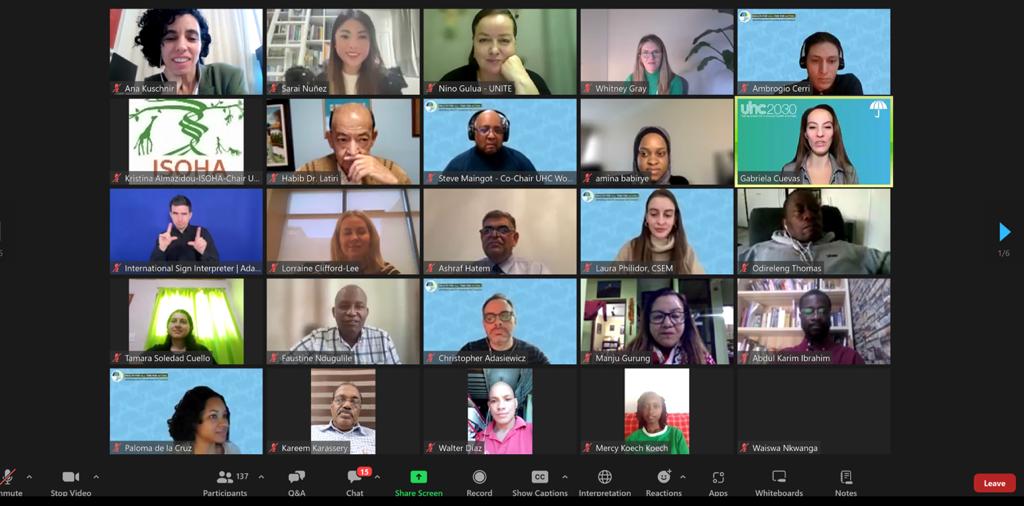
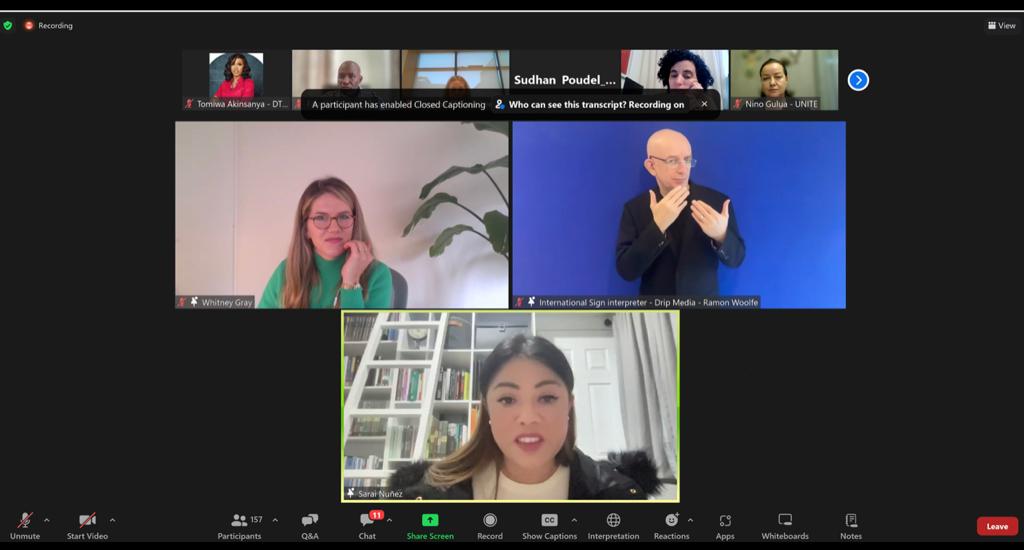
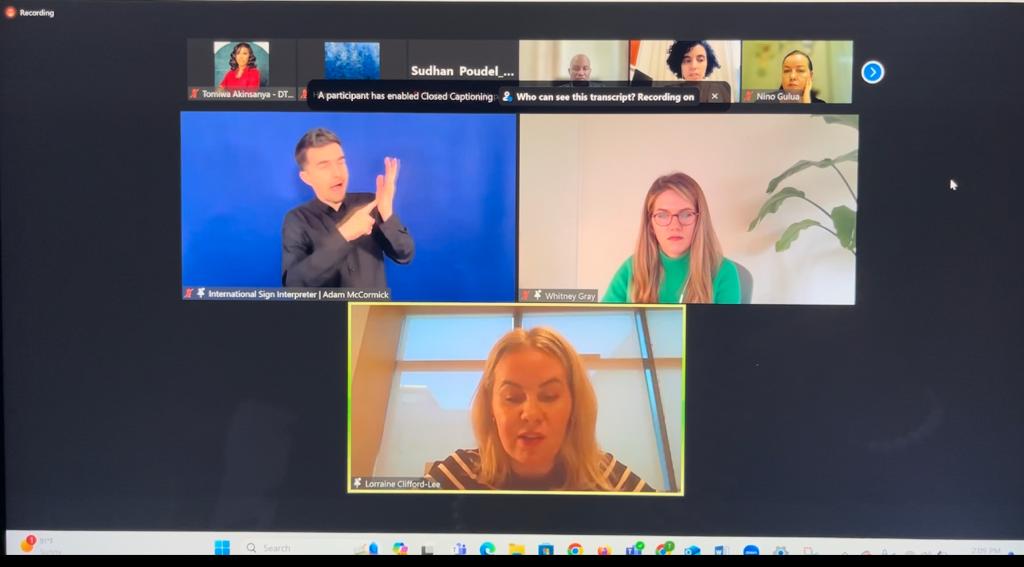
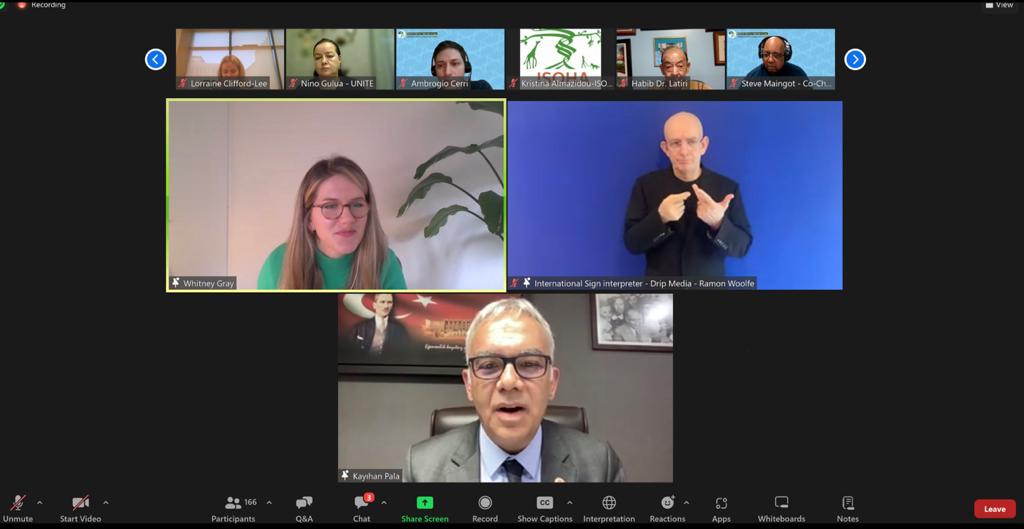
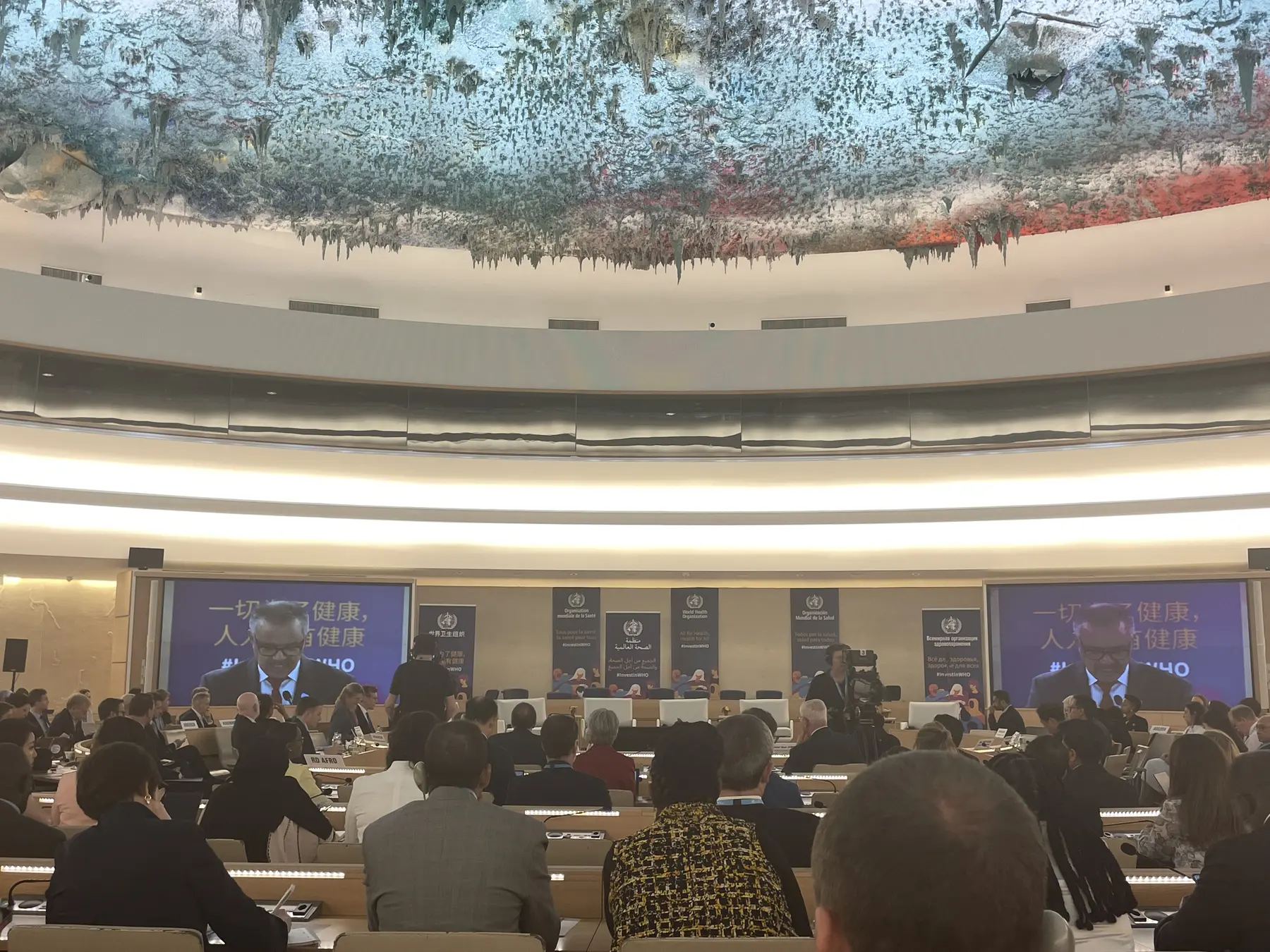


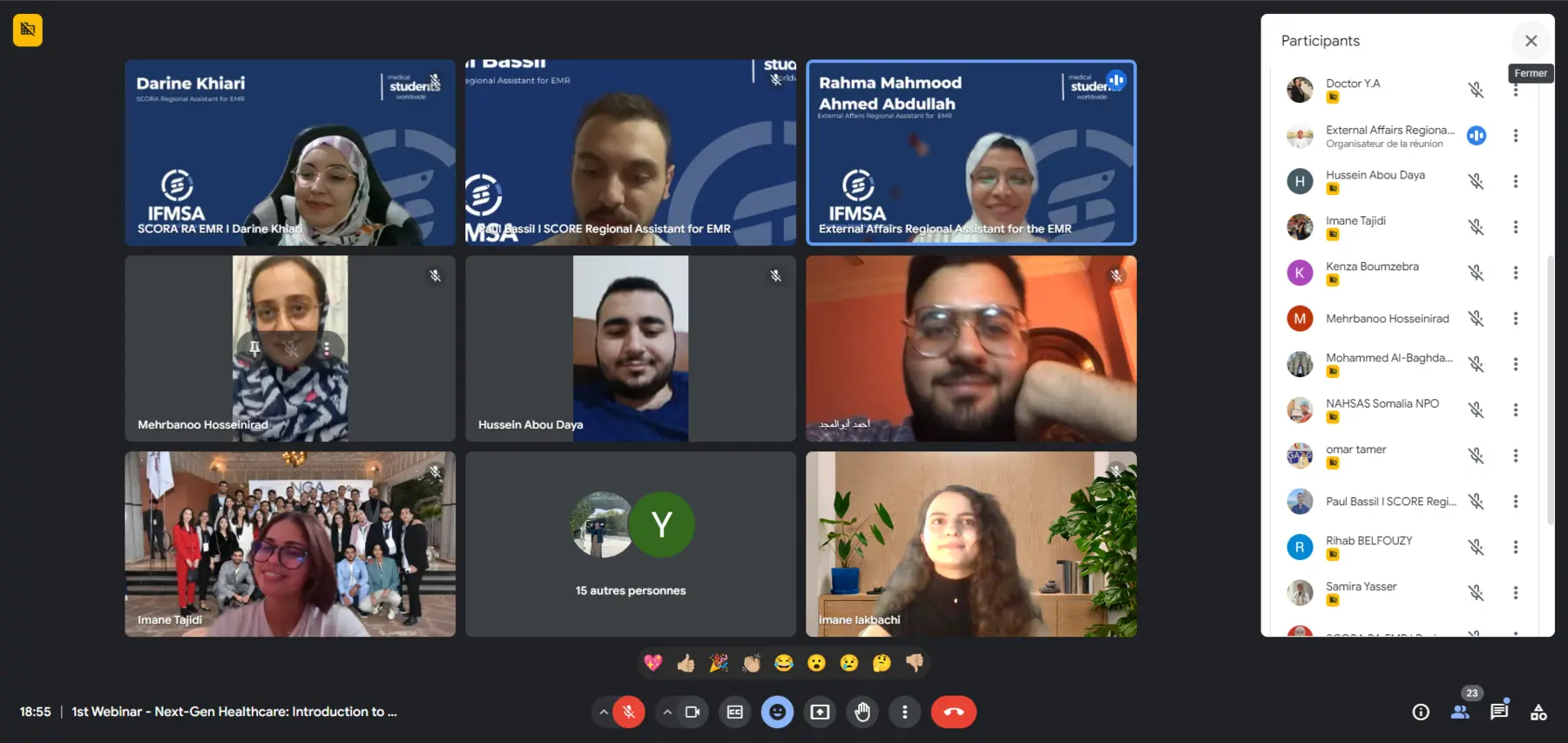
Sign up to our newsletter to stay updated on news, insights, and career opportunities.
© 2024 DTH-Lab. All Rights Reserved.
Privacy Policy
Terms & Conditions
Cookie policy
Credits
Tomiwa Akinsanya, Project Coordinator at the Digital Transformations for Health Lab, is passionate about using digital technologies and innovative behavioral sciences to enhance global youth health. Tomiwa has worked with respected organizations dedicated to advancing digital health and youth well-being globally. With almost a decade of experience, a B.Sc in Physiology and a Masters in Public Health, she applies specialized skills in research, project management, communication, stakeholder management, and advocacy to improve health systems for the benefit of all. Her core values are aligned with Innovation, Empathy, Creativity, Integirty, Team Work and Excellence.
Whitney Gray is the Youth Engagement Coordinator at the Digital Transformations for Health Lab. She has a degree in pre-medical biology and medical ethics and holds two Masters degrees in Public Health and International Affairs. Ms Gray’s experience includes biomedical research, health systems strengthening, global health governance and civil society engagement. With a longstanding desire to advance the health and wellbeing of all, she works to improve the inclusivity of actors in the design and implementation of research, policy and solutions for health.